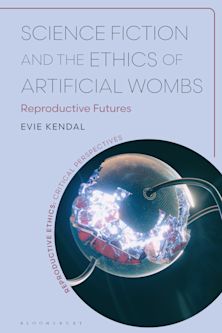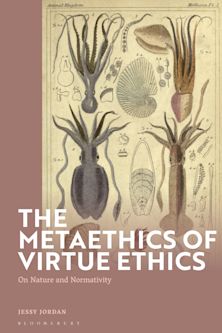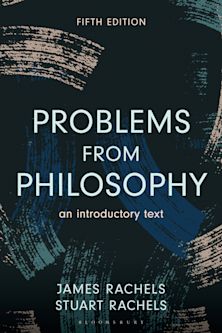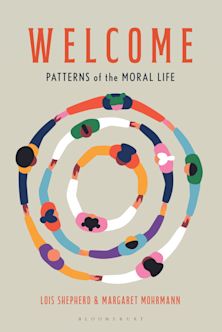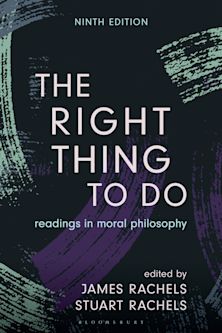- Home
- ACADEMIC
- Philosophy
- Ethics and Moral Philosophy
- Historical Dictionary of Ethics
This product is usually dispatched within 1 week
- Delivery and returns info
-
Free CA delivery on orders $40 or over
You must sign in to add this item to your wishlist. Please sign in or create an account
Description
Ethics, the practical part of philosophy, tries to answer three questions central to human life: What kind of person should I be? What should I do? How should I decide? It defines, describes, and explains the important terms, concepts, theories, and thinkers from all areas and eras of the history of ethics: from ‘Abba Mika’el to Zhuangzi, from the Abilene Paradox to Zen Buddhism, including such central figures as Aristotle, Hegel, Kant, and Plato as well as lesser-known thinkers such as Clarke, Fichte, Meinong, and Xenophon. It covers Western and non-Western traditions, and presents detailed treatments of ancient and medieval ethics, including discussions of each of Plato’s dialogues that concerns ethical topics. It covers both analytic and continental approaches to contemporary moral thinking.
Historical Dictionary of Ethics, Second Edition contains a chronology, an introduction, and an extensive bibliography. The dictionary section has more than 600 cross-referenced entries on the important terms, concepts, theories, and thinkers from all areas and eras of the history of ethics. This book is an excellent resource for students, researchers, and anyone wanting to know more about ethics.
Product details
| Published | Oct 15 2023 |
|---|---|
| Format | Hardback |
| Edition | 2nd |
| Extent | 716 |
| ISBN | 9781538175712 |
| Imprint | Rowman & Littlefield |
| Illustrations | 15 tables |
| Dimensions | 239 x 159 mm |
| Series | Historical Dictionaries of Religions, Philosophies, and Movements Series |
| Publisher | Bloomsbury Publishing |
About the contributors
Reviews
-
This 2nd edition of The Historical Dictionary of Ethics is both comprehensive and vast, covering the landscape of ethical thought from 32 BCE to the 20th century. With more than 600 entries covering terms, concepts, theories, and the history of thinkers from all eras throughout history, this book provides an invaluable resource to students, professors, researchers, and pretty much anyone seeking to deepen their understanding of ethics and its development throughout history. Including a chronology, an introduction, and an extensive bibliography, the dictionary is both accessible and comprehensive. The reader will find that the entries are highly informative, offering clear definitions and concise contextual explanations. The entries are also cross-referenced, which facilitates further exploration, and the inclusion of both Western and non-Western traditions broadens the knowledge and understanding of ethics. Notably, the dictionary covers both analytic and Continental approaches to contemporary moral thinking, reflecting the diversity of modern-day ethical discourse. Overall this dictionary's comprehensive coverage and valuable supplemental materials make it a resource a broad audience. Highly recommended. Lower-division undergraduates through faculty; general readers.
Choice Reviews

ONLINE RESOURCES
Bloomsbury Collections
This book is available on Bloomsbury Collections where your library has access.
















